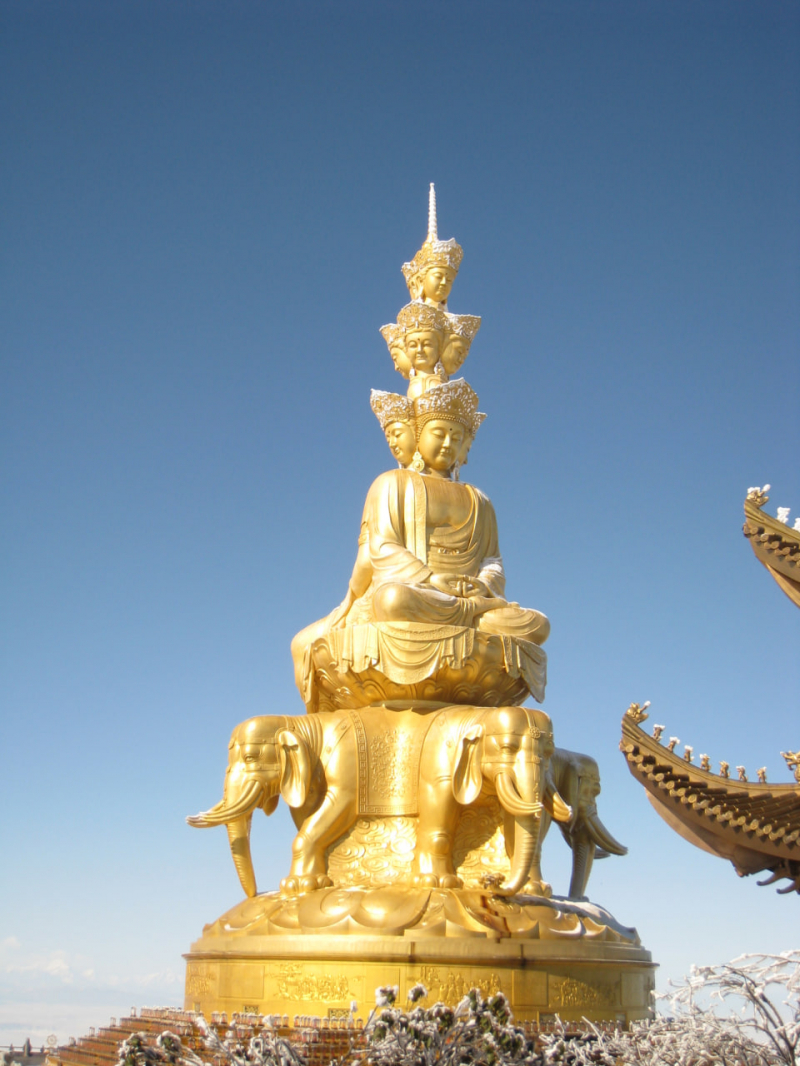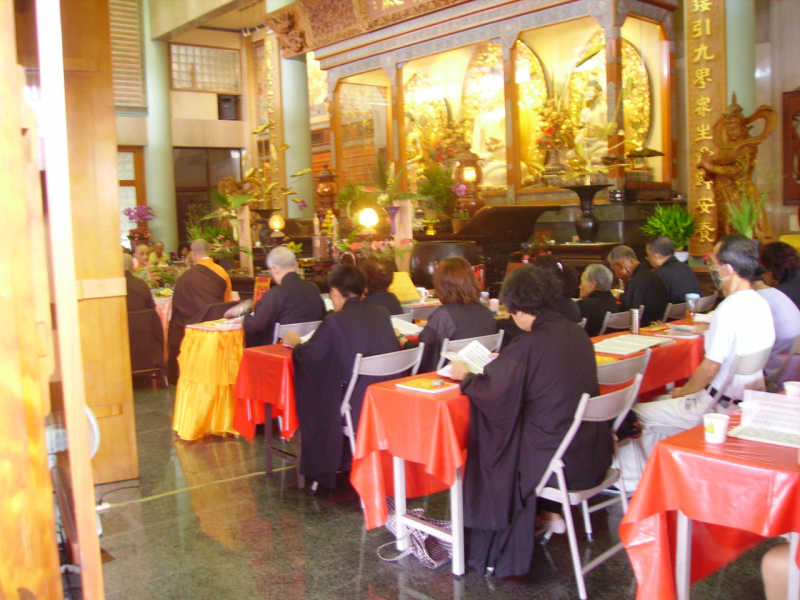Bodhisattva Vows
Bodhisattva vows are ethical commitments undertaken by Mahayana Buddhist practitioners dedicated to attaining enlightenment for the ultimate benefit of all sentient beings. In Mahayana Buddhism, adherents willingly undertake vows that encompass the noble pursuit of Buddhahood for the comprehensive use of all sentient beings. These vows resound with the echoes of compassion, altruism, and an unwavering resolve to shepherd all beings toward the boundless shores of liberation.
The core tenets of the bodhisattva path are succinctly encapsulated in three pivotal vows: The Vow of Great Compassion, The Vow of Great Vow, and The Vow of Great Action. Rooted in an innate longing to alleviate the suffering of every sentient being, bodhisattva vows are a testament to the commitment to cultivating boundless compassion and unwavering selflessness, placing the well-being of others above personal concerns.
The bestowal of bodhisattva vows typically occurs through formal ceremonies officiated by qualified teachers. While lay practitioners seamlessly weave their altruistic aspirations into the fabric of daily existence, monastic practitioners amplify their dedication to compassion and selfless service, dedicating their lives to the pursuit of collective liberation.
At its core, bodhisattva vows an unwavering dedication to all beings' holistic well-being and emancipation. Embracing these vows, practitioners embark on a transformative path characterized by selflessness, compassion, and dynamic engagement with the world, catalyzing positive transformations and spiritual elevation for themselves and the entirety of conscious existence.












